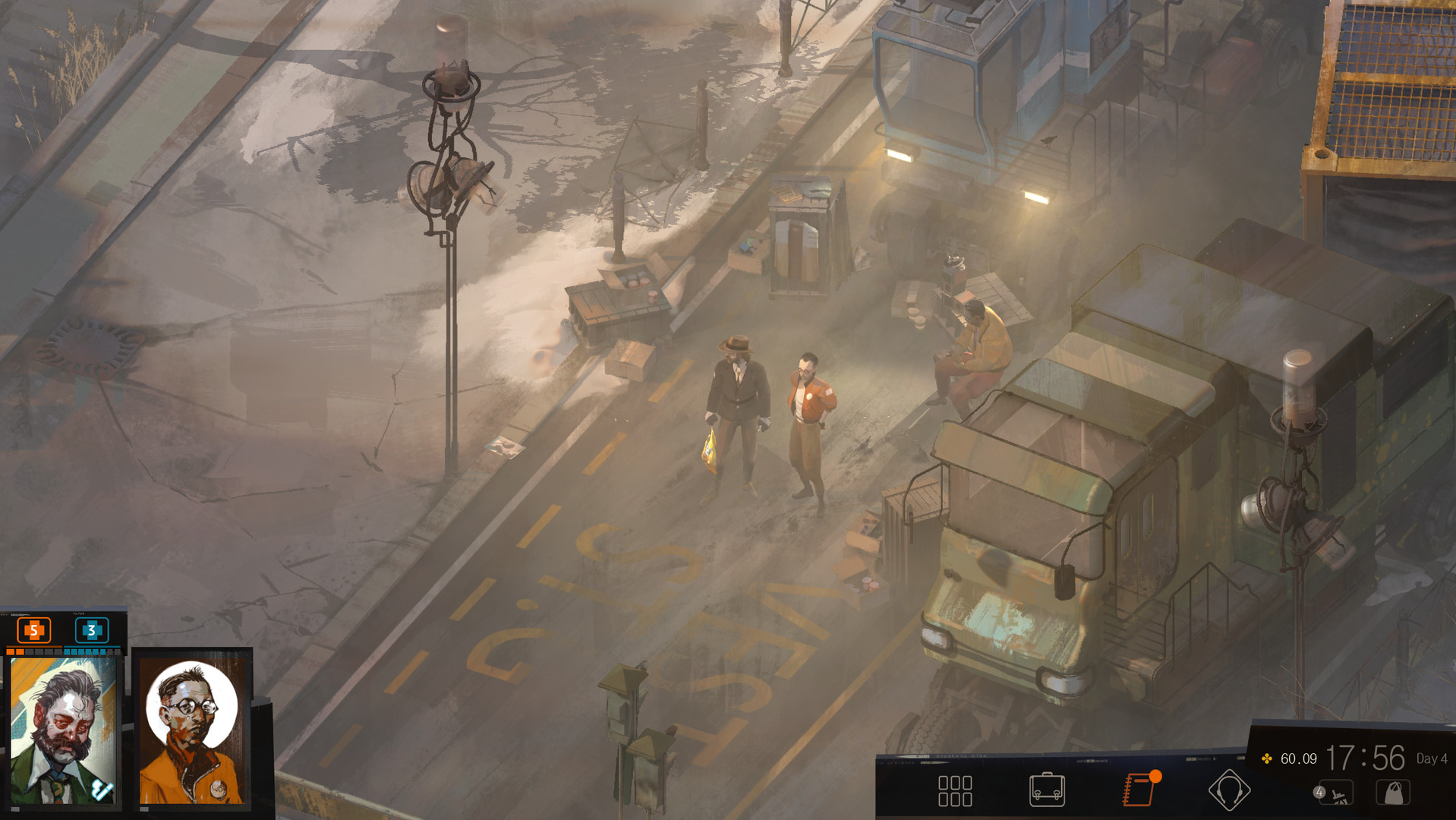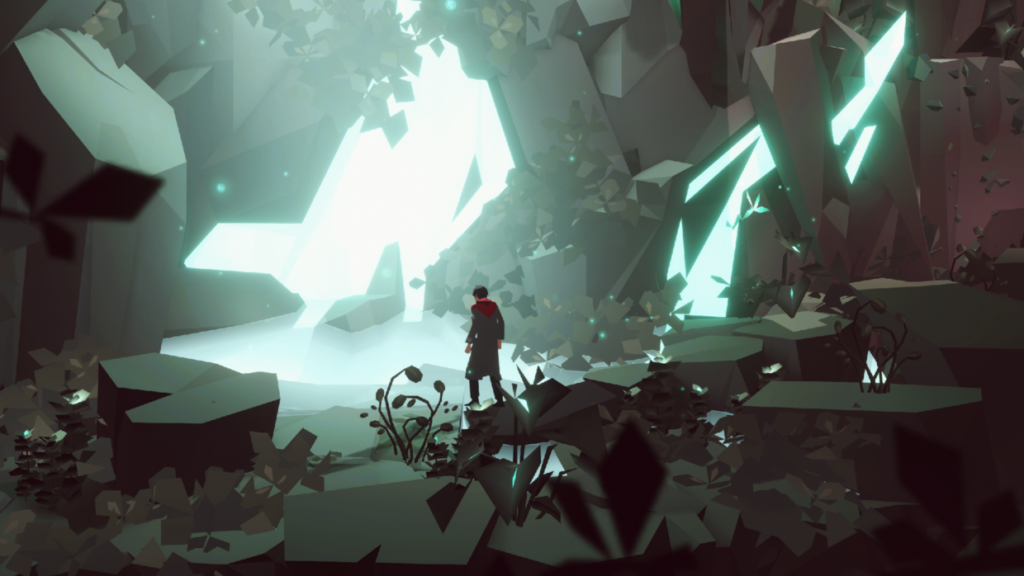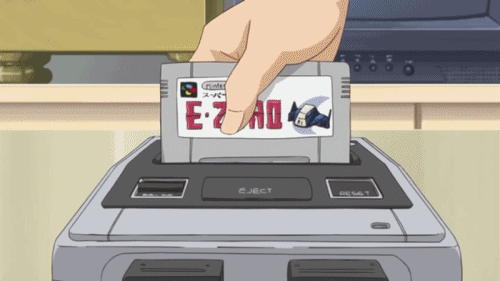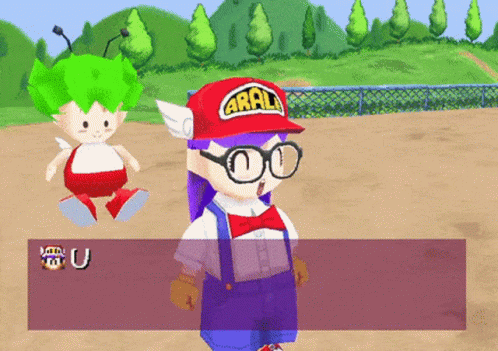The Actual Potential of Games
Gaming culture is a detesting, rotting corpse of knee-jerk cynicism. It’s not fresh anymore, it festers, bloated with algorithm-fueled sadness, forums echoing with the same bitter cries of betrayal, and a player base trained to think of themselves as customers first and never as actual thinking people. It’s all fucking poisoned; every franchise is “ruined!” Every new mechanic is "a slap in the face." Every attempt at sincerity is met with the blank stare of ironic disengagement. Because engaging with them in any other way would require actual effort. And effort is for losers, right? It’s much better to mock, roll our eyes, and wait for the next letdown. That way, you’re never disappointed. Right?

The Myth of "Just a Game"
If games are "just games," why do people cry over them? Why do they obsess and tear each other to damn shreds over console allegiances like medieval warlords clutching at destroyed land? You can’t have it both ways. Games are either important or they’re not. But they are. The body knows it, even when the mind lies to itself. The way a game’s weight sits in your hands, your fingers twitching long after the controller is put down, that means something. The way your heart wrenches at a moment of devastation, or how an ending lingers in your chest like a held breath... that’s not "just a game." That’s storytelling. That’s participation. That’s being human.

There was a time when people gave themselves over to the full spectrum of emotions. They’d talk about what games meant to them, how they shaped and opened up cracks in their worldview. And now it’s all "mid." Everything is fucking "mid", or worse, "woke." If a game dares to challenge or push anything like capitalism, war, or the myth of meritocracy, it’s met with a groan and an eye-roll. Because to acknowledge the depth in a game would mean having to acknowledge the depth in ourselves. And who has time for that? Who wants to take that mirror and actually look?
Games as Radical Texts
There’s always a reason a few games slip through the cracks. They don’t fit neatly into that loop of discourse. A cycle of hype to disappointment that keeps players busy year-round. They whisper instead of scream. They ask you to sit with that discomfort or uncertainty, with the thought that maybe, just maybe, you don’t already have all the answers.
A game about crushing debt, about survival under corporate rule. A game that lets you fail over and over again, not in a "git gud" way, but in a "systems are designed to break you" way. A game where every conversation leaves you questioning your own moral biases, where you must confront the realization that your choices affect not just your in-game character, but also the way you process the world outside the screen.
But these games get dismissed because "nothing happens in it." "Boring." "Too much reading." Anything that doesn’t immediately flood the brain with serotonin is treated as suspect. It’s easier to disengage than to confront. Yet there’s something incredibly powerful in playing a game that refuses to reward your usual habits, one that stops you mid-scroll and demands that you actually think.
Why Gamers Reject These Messages
There’s comfort in believing that nothing means anything, it absolves responsibility. If everything is broken, doomed, and bad, then why bother trying? That’s the easy way; the one filled with reactionary YouTubers feeding their audience a steady diet of anger. It’s manufactured and fake, this cycle of complaint and endless search for the next thing to despise. And yet, people line up to be fed. Not because they truly believe these games are bad, but because, as sad as it is, it feels good to tear something down.
The Echo Chamber of Digital Decay
Online spaces cultivate cynicism like a factory farming disease. If you exist in them long enough, everything starts to feel like a damned list. There is no joy in discovery because every possible outcome has already been posted, reacted to, rehashed, and dismissed before you even press start. It’s the internets’ entire culture of exhaustion. People aren’t just tired of bad releases, they’re tired of feeling, because feeling requires effort, and effort means putting yourself at risk. To be enthusiastic about something is to be vulnerable. And the internet has trained us to see vulnerability as weakness.

What If We Actually Engaged With Games Differently?
What if we treated games like art? What if we stopped looking for "value" and started looking for experiences? What if we let ourselves be moved and feel?
Imagine a world where people played games without immediately deciding if they were "objectively good" or "trash." Imagine if people let themselves sit in a game’s world, taking in its choices and wrestling with its ideas without their first instinct being to judge, but instead to listen.
There are ways out. Ways to break the doom loop.
- Seek out weird games: Put unconventional games on your plate, the ones that ask you to unlearn what you think a game should be.
- Engage critically, not cynically: It’s fine to critique, but do it because you genuinely care, not merely to farm engagement.
- Take a break from algorithmic outrage: Unfollow accounts that feed you anger; find spaces where people talk about games beyond how much they suck without explanation.
- Let games surprise you: Play something you normally wouldn’t. Don’t look up reviews first. Go in blind and rediscover the joy of discovery.
- Embrace discomfort: Some of the best games challenge the way you think. Let them. Don’t fight it.
- Accept that some games just aren’t for you: Not everything has to cater to your exact preferences to be valuable.

Gaming isn’t broken. The way people engage with it is, but that can change. You just have to be willing to let go of the safety net of cynicism. You have to be willing to care. Because, in the end, that’s the real rebellion. Caring when the world wants you to be in perpetual fear.